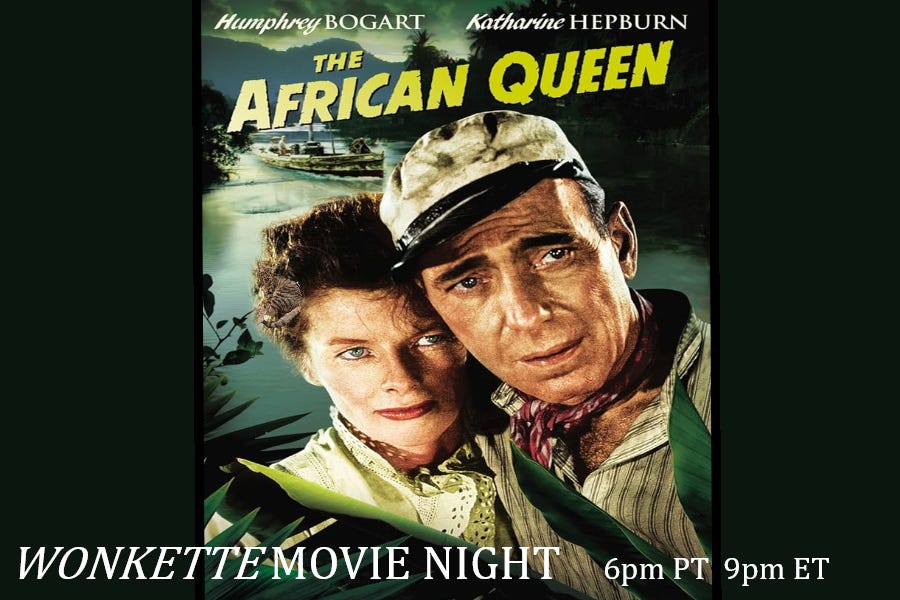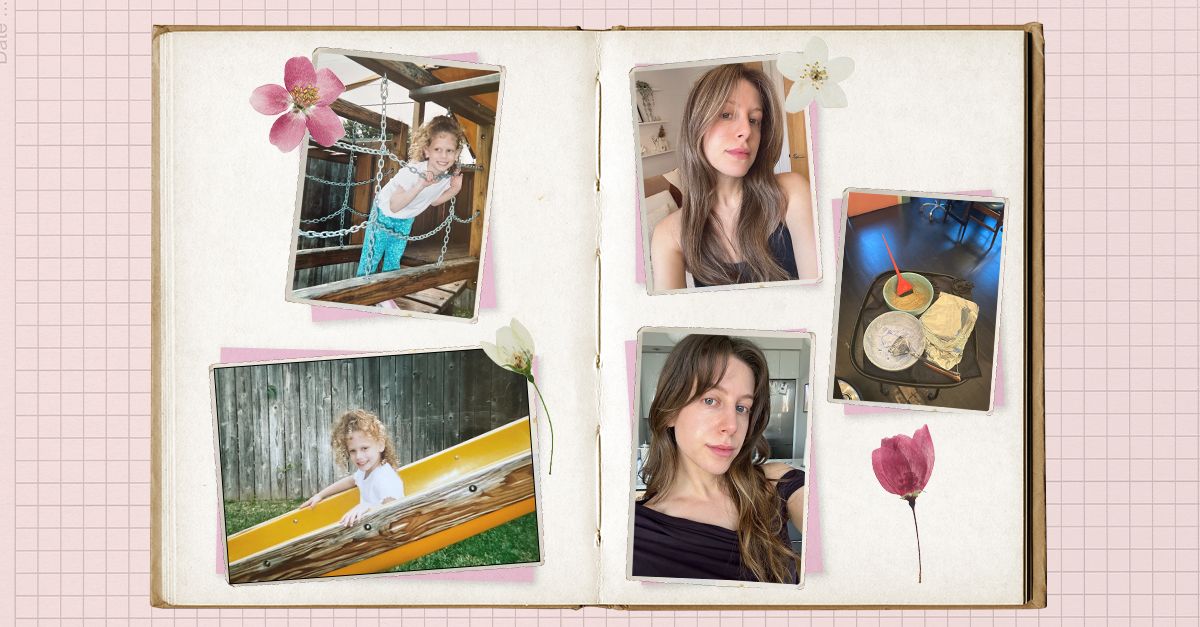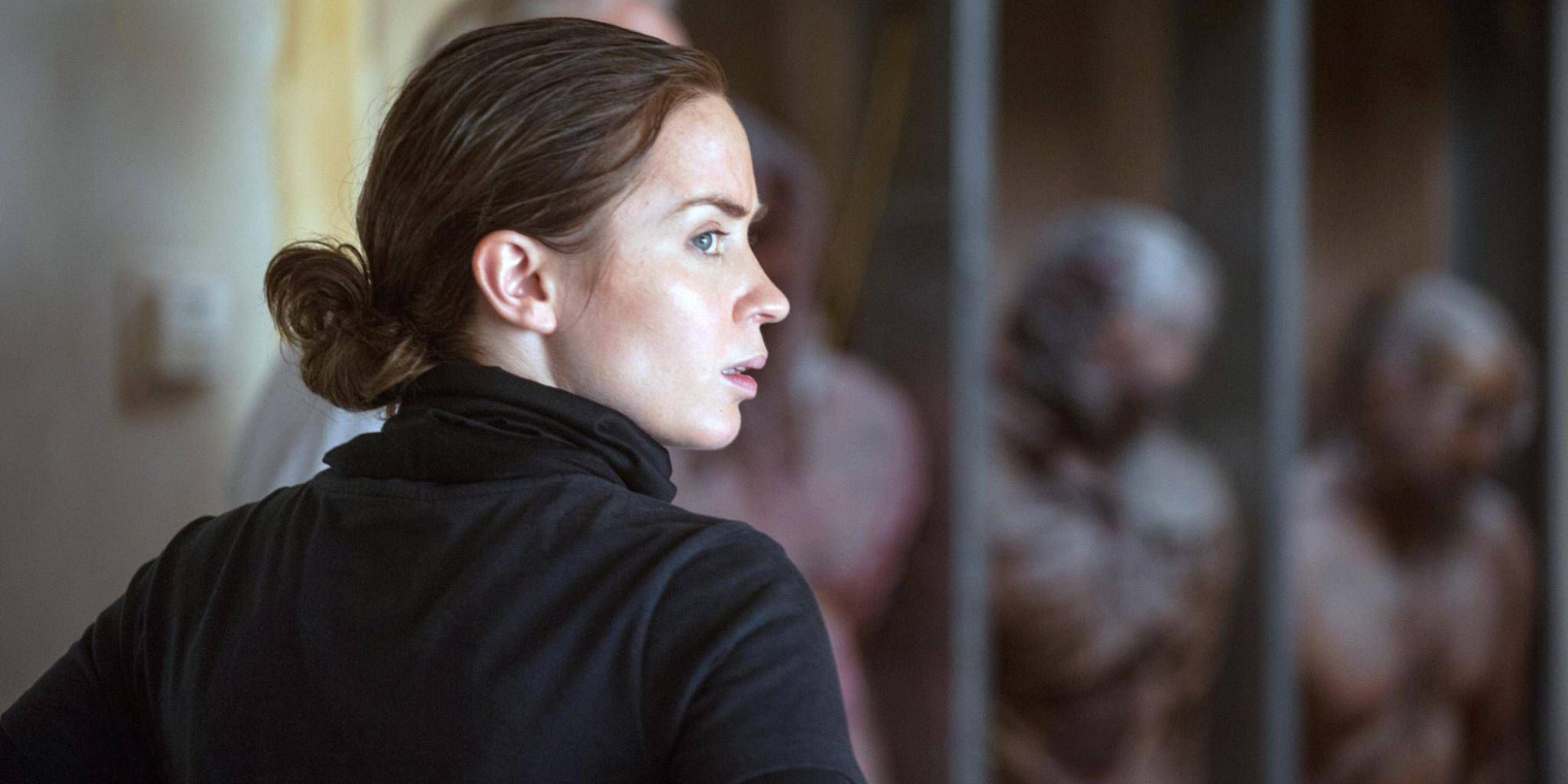A wealth of former FLDS members paint a disturbing picture of the church’s way of life; talking head interviews help us more or less understand the groupthink brainwashing that used to make sense of this way of life, their experiences then sometimes recreated with grainy film reenactments. We hear from one of Warren Jeffs’ brothers, (of the 30-plus brothers Jeffs has), and the husbands who participated in polygamy and now sit in armchairs with one of their wives. The series’ heroes are undoubtedly the courageous women like Elissa, Rebecca, Alison, and Ruby among others, who helped speak out against the church, after experiencing their own devastating realizations about what was actually happening to them at such young ages. As one person says, words like “rape” were not even in their vocabulary, even though that was what they were experiencing.
It’s all horrifying, sickening, monstrously traumatic stuff. And “Keep Sweet” repeats that trifecta of feelings throughout, all with a story that isn’t about some elaborate scheme, but the upholding of so many institutions and ideologies, put to their extremes. And that trifecta is also what makes the series seem limited in having a specific purpose; it’s the main, constant takeaway even when it details something new, like a cryptic video about how women have to ornately braid their hair, or watching children sing some type of hymn that touts the idea of “keep sweet” (a skin-crawling motto from Warren’s father Rulon for his followers and line of wives).
The tone of the series, its most intricate feature, helps show that this saga has a more complicated presence of light than just the complete darkness of such horror. Within the stories of Jeffs’ insidious acts, the series also instills a sense of loving bonds between parents and their children, or of romantic relationships that started in parallel to other relationships of abuse and statutory rape. Some people truly found love, even though the community, and the children, were always being manipulated by whatever Jeffs wanted. It adds a more challenging air to its never-before-seen photos and home videos, where the many smiling faces and pastel dresses of young FLDS girls are never not ominous and cultish. But you believe that in those moments, the promise of salvation filled their souls and made sense of everything else.



























































![Social Media Spring Cleaning [Infographic] Social Media Spring Cleaning [Infographic]](https://imgproxy.divecdn.com/9e7sW3TubFHM00yvXe5zvvbhAVriJiGqS8xmVFLPC6s/g:ce/rs:fit:770:435/Z3M6Ly9kaXZlc2l0ZS1zdG9yYWdlL2RpdmVpbWFnZS9zb2NpYWxfc3ByaW5nX2NsZWFuaW5nMi5wbmc=.webp)









![5 Ways to Improve Your LinkedIn Marketing Efforts in 2025 [Infographic] 5 Ways to Improve Your LinkedIn Marketing Efforts in 2025 [Infographic]](https://imgproxy.divecdn.com/Hv-m77iIkXSAtB3IEwA3XAuouMwkZApIeDGDnLy5Yhs/g:ce/rs:fit:770:435/Z3M6Ly9kaXZlc2l0ZS1zdG9yYWdlL2RpdmVpbWFnZS9saW5rZWRpbl9zdHJhdGVneV9pbmZvMi5wbmc=.webp)


